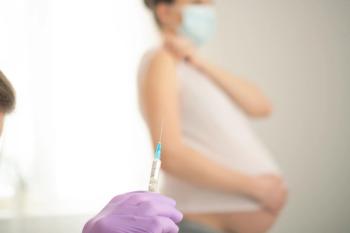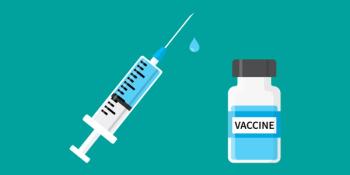
Using COVID-19 vaccine wastage data to improve future programs
Wastage data published for first two months of 2021.
Data from COVID-19 vaccine distribution could spark improvements for future vaccination efforts, said researchers who tallied vaccine deliveries across the United States in the first two months of 2021.
North Carolina State University (NCSU) and
“The development and distribution of COVID-19 vaccines has been a monumental undertaking,” Ali Hajbabaie, corresponding author said in a
“And while it’s been a remarkable accomplishment, there are also opportunities for us to learn how to improve the vaccine supply chain,” said Hajbabaie, assistant professor of civil, construction and environmental engineering at NC State. “What are the logistical challenges associated with transportation and distribution of vaccines for COVID-19? How can we study this? What can we learn from it?”
The researchers said they hope to inspire timely release of data and to inspire a broader analysis of the vaccine records to learn as much as possible.
“We did some simple analyses in this paper to highlight the potential of the data, but we think there is much more to be done, and we want to tap into the expertise of other researchers to make the most of this information,” coauthor Leila Hajibabai said in the news release.
The study included figures from the federal Centers for Disease Control and Prevention, along with other databases and information from vaccine makers Pfizer-BioNTech, Janssen and Moderna.
Nationally there were 92 awardees, such as states, federal agencies or programs and large retailers. The top five were California, Texas, CVS, Florida, and Walgreens, who collectively received 31.6% of total doses in the United States.
The data included details and dates about specific shipments sent to each of 47,188 specific vaccination sites, such as clinics, hospitals, pharmacies and doctor’s offices.
The researchers collected wastage data from 58 awardees that reported figures on a semi-regular basis. In the two-month period, there were 179.7 million doses shipped and about 1.82 million, or .102%, wasted.
The vaccine doses may be considered spoiled because a vial was broken, because it was stored at an improper temperature, because it was past its expiration date, or other reasons, the researchers said.
“This data was not made available outside of the CDC until we asked for it,” Hajbabaie said. “We were only able to get this data due to a collaboration with BuzzFeed, which obtained the data from CDC” by requesting it through the federal Freedom of Information Act.
Newsletter
Access practical, evidence-based guidance to support better care for our youngest patients. Join our email list for the latest clinical updates.








